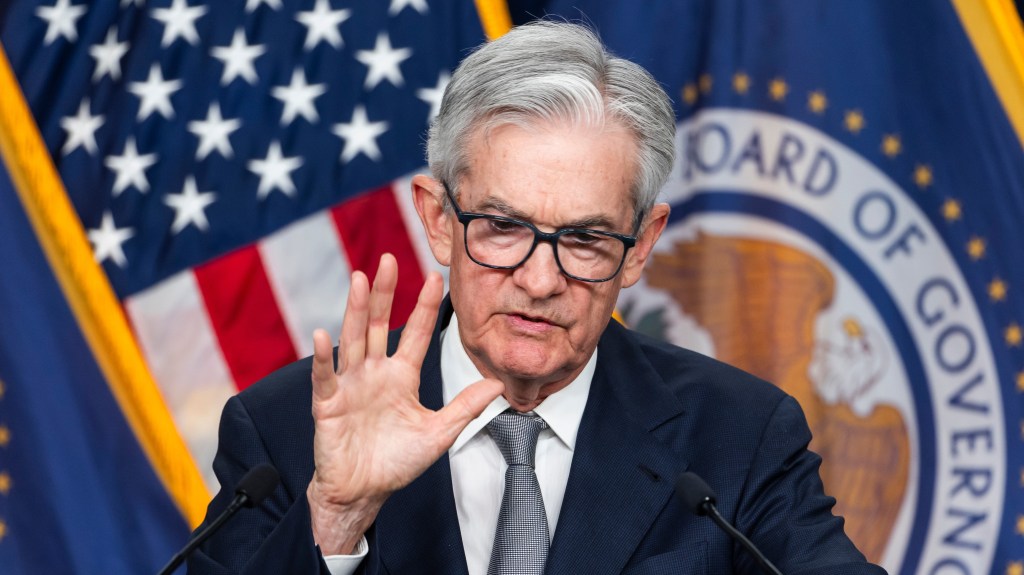UK Businesses Risk Losing Revenue Due to Low International Patent Filings
British companies are potentially missing out on billions of pounds in revenue by not filing for international patents at the same rate as their counterparts in other nations, warn experts.
A report from the Chartered Institute of Patent Attorneys reveals that UK firms file patents in key markets like Europe and China at rates up to 40 per cent lower than those of French and German businesses.
Findings from the World Intellectual Property Organisation further indicate that the UK lags behind leading economies in patent filings, placing Britain between 16th and 20th in its patent-related Global Innovation Index.
This concerning pattern implies that British companies and innovators are not adequately protecting their inventions and discoveries on a global stage, according to the institute, the UK’s largest intellectual property organisation.
The Society of Chemical Industry has issued a warning that UK firms may be forfeiting billions in revenue, allowing other nations to lead in science and technology applications. “The low rate of UK patent filings is a significant signal that our science-driven industry is struggling,” said Sharon Todd, the society’s chief executive. “We risk transferring billions of potential value to international competitors.”
The new government is urged to collaborate with the industry promptly to address these patent challenges. “The UK cannot afford to remain passive while other economies take the lead in green technology, new medicines, and food production,” Todd emphasized. “We must also advance our economy to create high-skilled jobs and ensure the supply security of essential products.” The society has proposed a “science and innovation growth council” composed of industry experts to advise the government on policies to foster innovative industries.
Matt Dixon, president of the Chartered Institute of Patent Attorneys, stated that the institute is “dedicated to partnering with the government to tackle the UK’s patent issues. It’s crucial for both businesses and government to collaborate closely to prevent missing out on the substantial economic opportunities that intellectual property and patent protection offer.”
Established in 1882, the institute is the largest intellectual property organization in Britain, boasting over 4,500 members, including 1,100 trainee patent attorneys. Its members assist small to medium-sized enterprises, universities, and large corporations in safeguarding their innovative technologies globally.




Post Comment